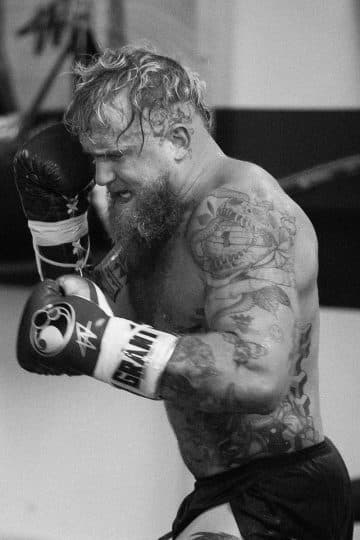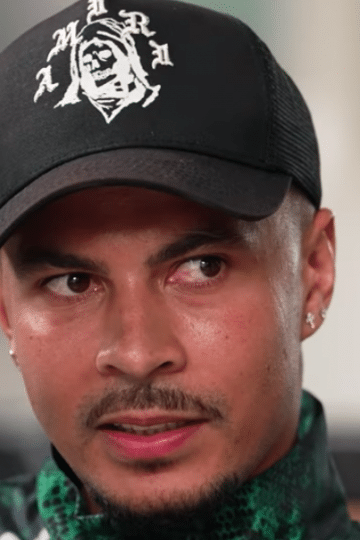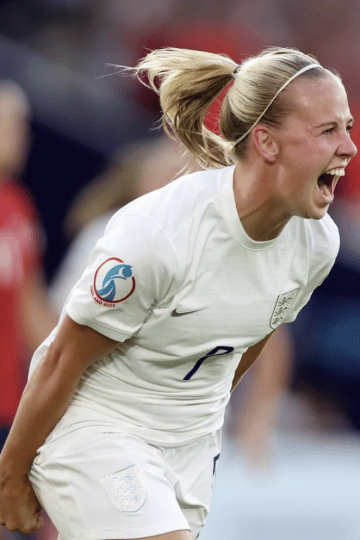Five surprising sports that can help beat depression
Sport
Did you know that the NHS has prescribed surfing? Or that squash can be mindful?
We’ve all heard the phrase, ‘Mental health care in the UK is in crisis’ – and most of us are numb to it. But here’s a stat that will blow your mind: according to government’s mental health taskforce, 75 per cent of people with mental health problems are currently not receiving treatment. (Basically, there’s a £1bn hole in the funding). So what you do, right now, that’s more affordable than privately hiring an £80-an-hour shrink? Here’s five activities that are consider the best sports for depression.
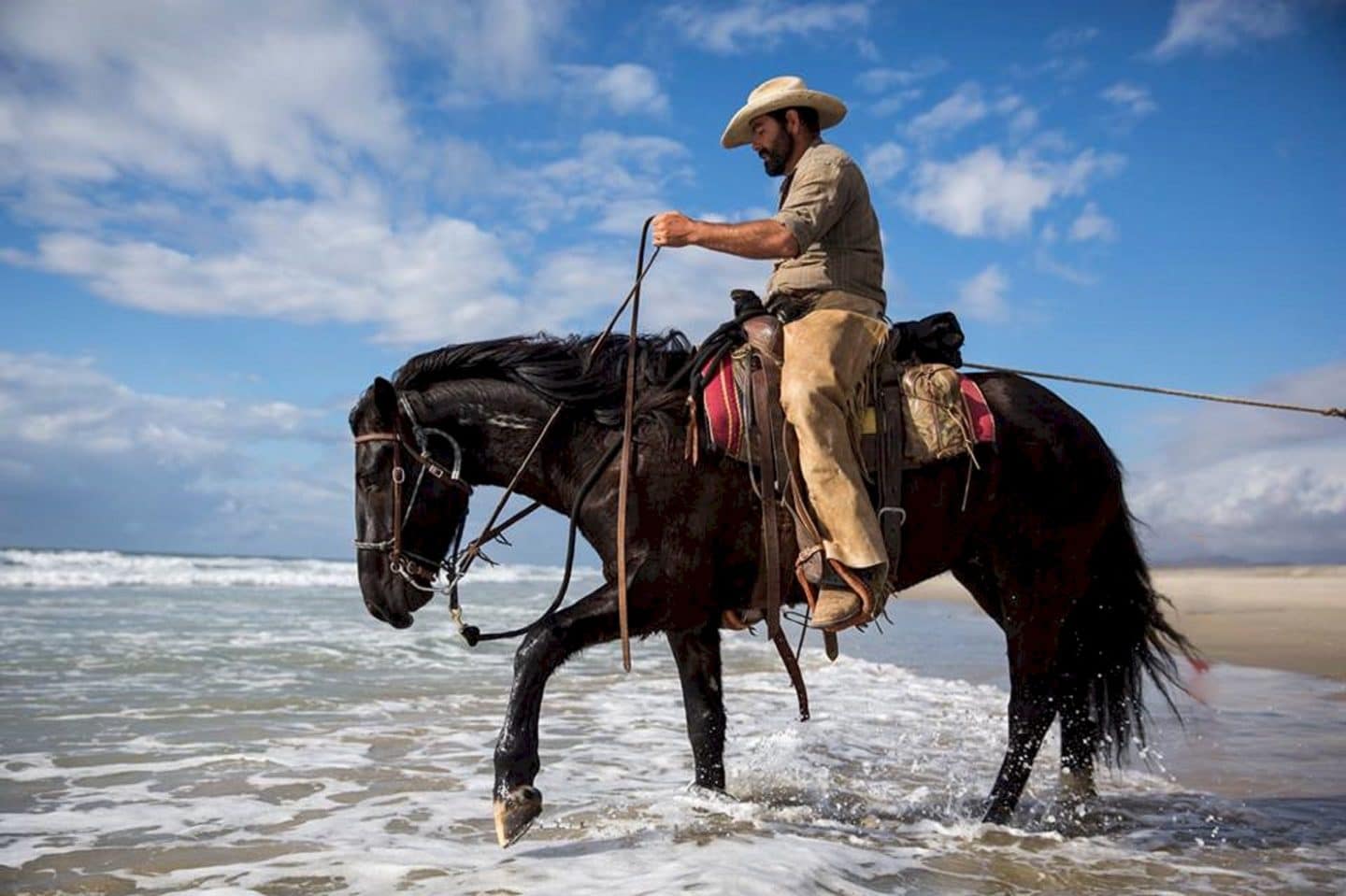
Horse riding
If you’ve suffered from depression, you’ll know that the overpowering sense of isolation tricks you into thinking that there’s no point communicating your worries to friends or family. That’s why equine therapy - horse riding - is such an effective tool to beat depression. It forces people to learn how to rebuild their communication skills. And, to put it bluntly, horses don’t take any shit. They have acute sensory perception and can hear a human heartbeat from four feet away. So you have to approach them openly and calmly, or they’ll get in a strop and hoof you in the nuts.

Surfing
If you’ve read Cocaine + Surfing: A Sordid History of Surfing’s Greatest Love Affair, you might be surprised to hear that it's much more than just white dudes with dreadlocks taking drugs and yarning about 'big tubes'. Believe it or not, the NHS and social services have both prescribed surfing to those recovering from mental illness. Why? Well, catching waves for just 30 mins has been proven to reduce negative thoughts, beat depression and curtail self-destructive behaviour. Wave Project, a UK mental health surfing charity, will teach you how to use surfing as a coping strategy. (waveproject.co.uk)
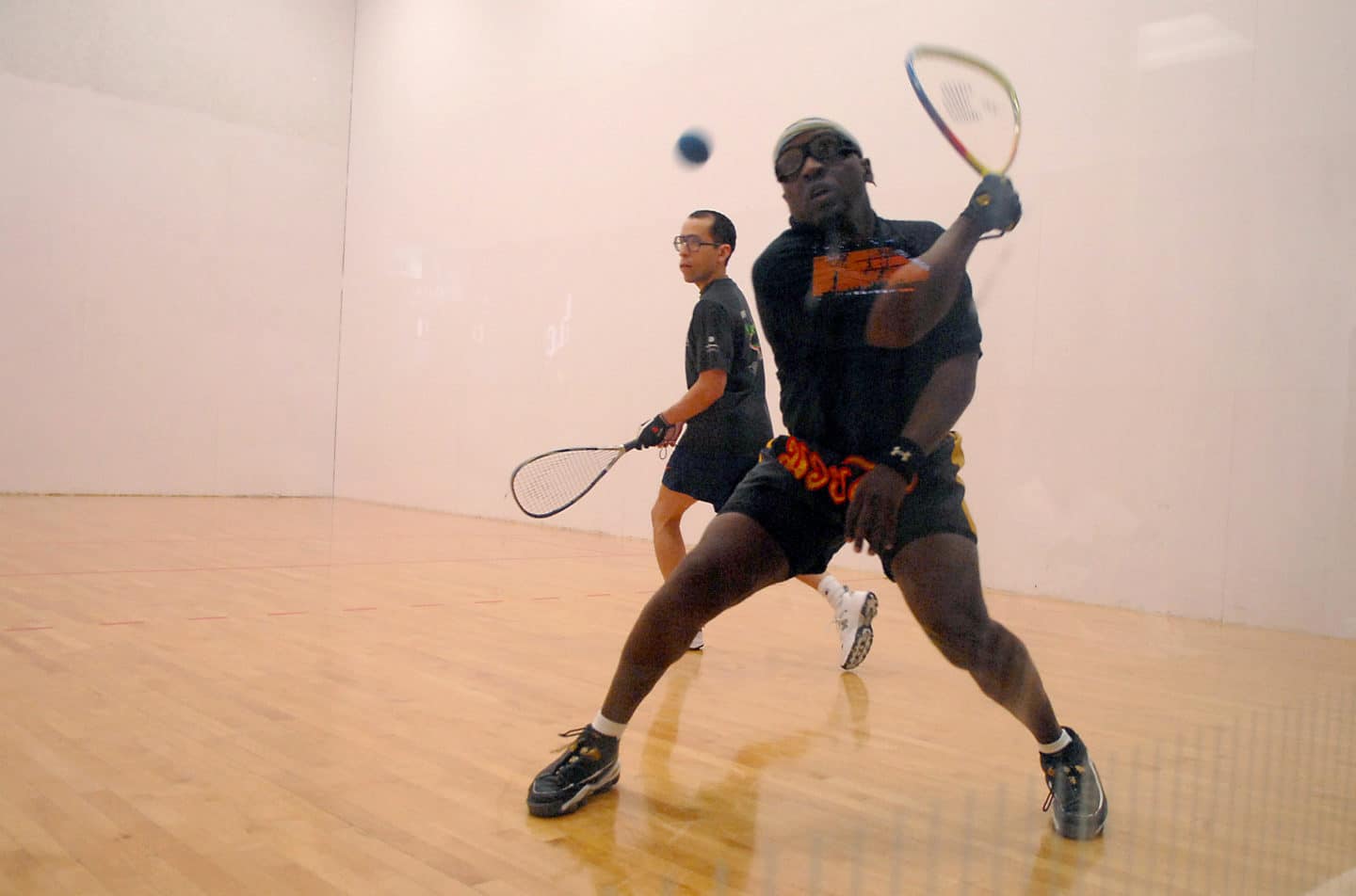
Squash
Having been ruined by yuppies in the 1980s, squash is making a hipster-fuelled comeback. Judged by cardio and muscle endurance alone, it' officially the healthiest (and most gruelling) sport in the world. It also requires extreme hand-eye coordination, which forces your brain to focus solely on the game – making it one of the most mindful sports. “I have been able to ignore all the noise more frequently,” says Seamus Singh, who trains with Elite Squash, the UK’s top coaching academy. “It’s helped me to relearn how to just accept all the bad and good things that go on court but also off court.” (elitesquash.com)
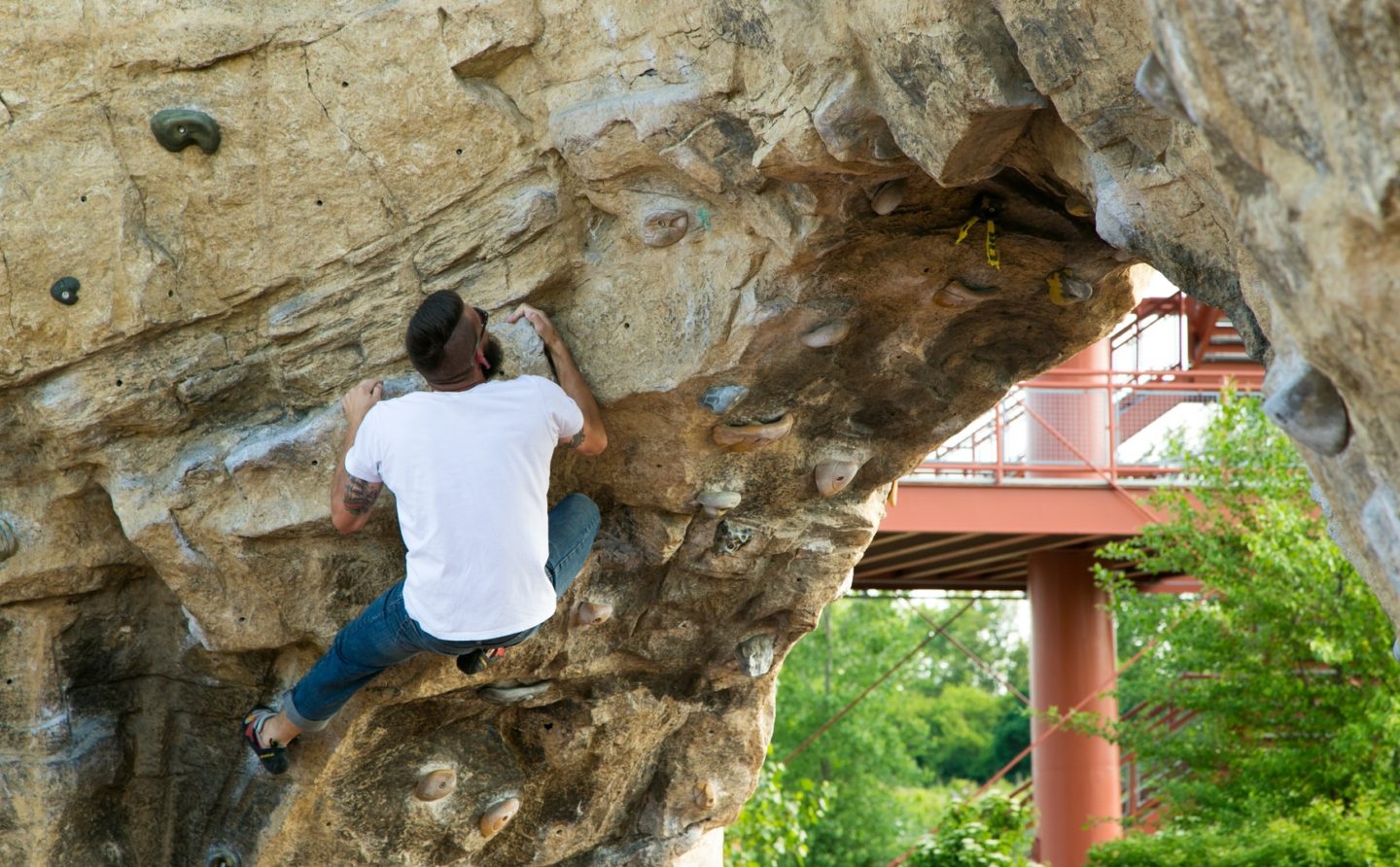
Bouldering
‘Bol-what?’ Bouldering. You know, like rock climbing, but on the ground, without ropes or harnesses. Clambering over rock formations the size of a small bungalow focuses the mind without the ball-quivering stress that comes with dangling off a 100ft ledge. In Germany, some hospitals prescribe ‘boulder-climbing therapy’ to help beat depression. A German study found that men who bouldered for three hours a week over eight weeks reduced their depression from ‘moderate’ to ‘mild’. Unfortunately, the chafing caused by the climbing harness increased from 'mild' to 'bloody-hell-that's-painful'. But let's not dwell on that. (jurassicclimbing.co.uk)
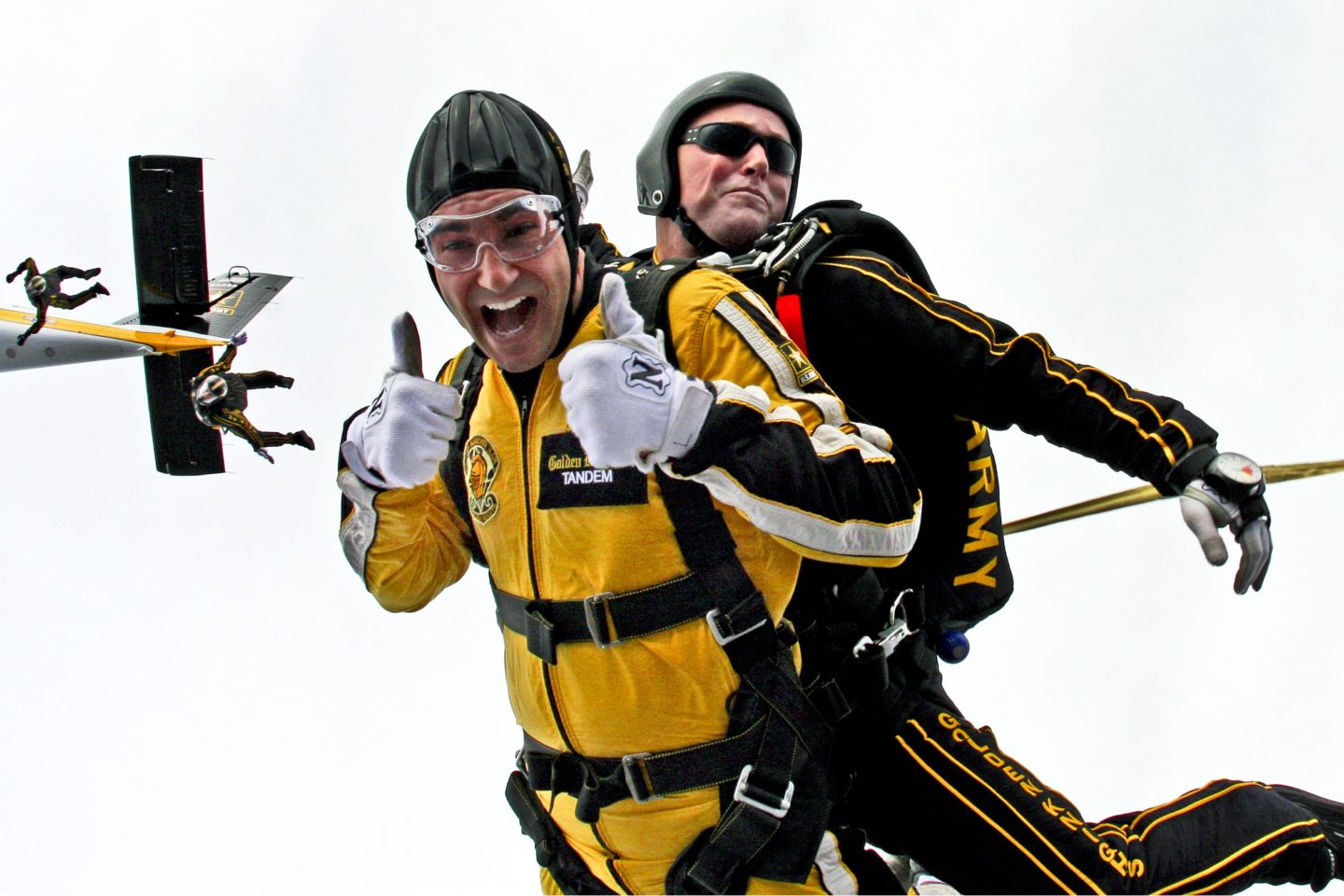
Skydiving
Could jumping out of a plane and plummeting to earth at 130mph help you battle depression? For a long time, psychologists scoffed at the idea. In fact, they associated a love of extreme sports with other risky behaviour, such as gambling or having sex with your cousin. More recently, however, psychologists have discovered that skydiving can actually improve your mental health. Aside from releasing a torrent of endorphins, which helps to shake mild depression, skydiving has a humbling effect that puts our emotions into perspective and helps to beat depression. Specialist 'adventure psychologist' Eric Brymer even thinks there’s a link between good mental health and the acceptance of death. If you want that life-affirming rush of euphoria, a tandem skydive will cost around £200. (goskydive.com)
Trending

Join The Book of Man
Sign up to our daily newsletters to join the frontline of the revolution in masculinity.








